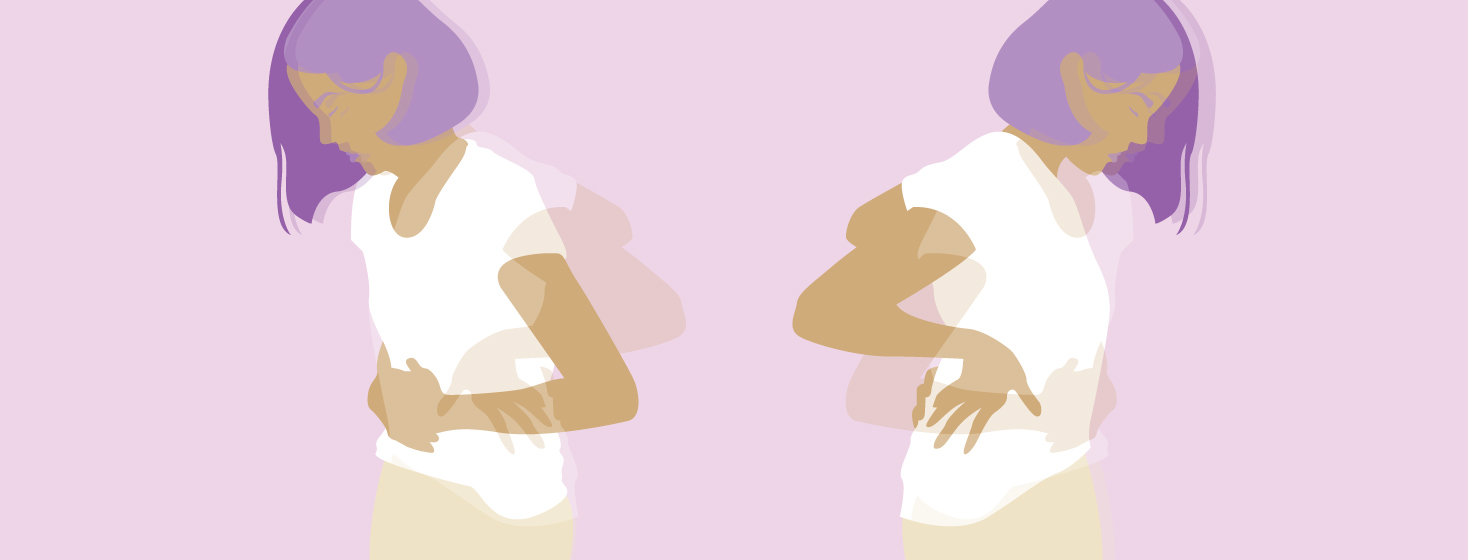Postpartum Anxiety and Depression After My Ectopic Pregnancy
Dear community, please be patient with me. This is one of the hardest, most vulnerable articles I've shared.
I shared in a previous article some of my history with postpartum mood and anxiety disorders (PMADs) after a long and arduous battle with infertility.
I didn't think pregnancy was possible
Because I had never gotten "spontaneously" pregnant (on my own, in the "old-fashioned" way), and my doctor had given me no indication that this was even possible, my husband and I chose not to use contraception in recent years. I'd only ever gotten a positive test via IVF, so I was sure there was no way that a spontaneous pregnancy could, let alone did, occur.
This or That
Have you or your partner undergone fertility treatment?
A sudden emergency
In April, I got really sick really fast. I went into our kitchen to get water and had to lay down on the floor because I was so dizzy and nauseous. I went back up to our room, where I promptly threw up in our bed. I moved to the floor, cried out for my husband's help, and realized that I couldn't really move without assistance.
There was too much pressure and sudden onset of pain in my abdomen. My husband called 911, and I was carried out of my house on a stretcher.
Am I really pregnant?
In the emergency room, my initial labs showed that I was pregnant. How was this possible? We were shocked, and then terrified – would this baby be viable? My body had been through so many medical challenges and medication over the past few years, and in that moment I didn't know how long I'd been pregnant or how the baby was doing.
A quick ultrasound didn't show anything – no gestational sac in the uterus, but my beta HCG (quantitive measurement of pregnancy hormones) came back at 1229, enough to be 6-9 weeks pregnant.
Based on my last period, we deduced that I was a little over 6 weeks. Without the ultrasound as a reliable tool for a baby that small, I needed a CT scan – one where I had to first sign a form acknowledging that the radiation could kill my baby even if it was in fact viable.
An ectopic pregnancy
I felt like I didn't have a choice – my life or the baby's. The doctors were worried about a ruptured or soon-to-rupture appendix, so this imaging wasn't optional. On the CT scan, they were able to see my ectopic pregnancy, my ruptured fallopian tube, and nearly 2 liters of blood in my stomach. That's almost 1/4th your total blood volume.1
The OB on call rushed to the hospital, and around 3 AM that night, I had emergency surgery to remove everything listed above. I was discharged from the hospital about 12 hours later, and there's no way to express to you how miserable I felt physically and mentally.
Post-ectopic pregnancy anxiety and depression
That experience was several months ago now, and although I've been working with my trauma therapist and my psychiatrist, I've been struggling immensely with postpartum anxiety and depression.
I know it may seem controversial that an ectopic pregnancy doesn't necessarily produce enough hormones to "crash" like after a full-term pregnancy, but my body is extremely sensitive to both hormones and medications, and both of my mental health providers have agreed that this is what I'm experiencing.
How my anxiety and depression manifest
For me, postpartum anxiety (PPA) manifests as panic attacks, freezing in place, shaking, being afraid of leaving my house and sometimes even my bed, and thinking constantly about the "could've been" with the baby we lost.
My postpartum depression (PPD) looks like spontaneous crying, feeling empty inside, full of devastation and grief, not finding joy in things that used to be fun for me, and not wanting to engage with others.
Pushing through the struggle
This experience has been one of the most difficult in my life, even though I have had 2 early miscarriages and on first trimester birth of twins, and I keep trying to figure out why.
That's the hardest part of PPA/PPD — there's usually not a pinpoint-able reason. And it doesn't always respond to medication, which is what I'm struggling most with right now.
